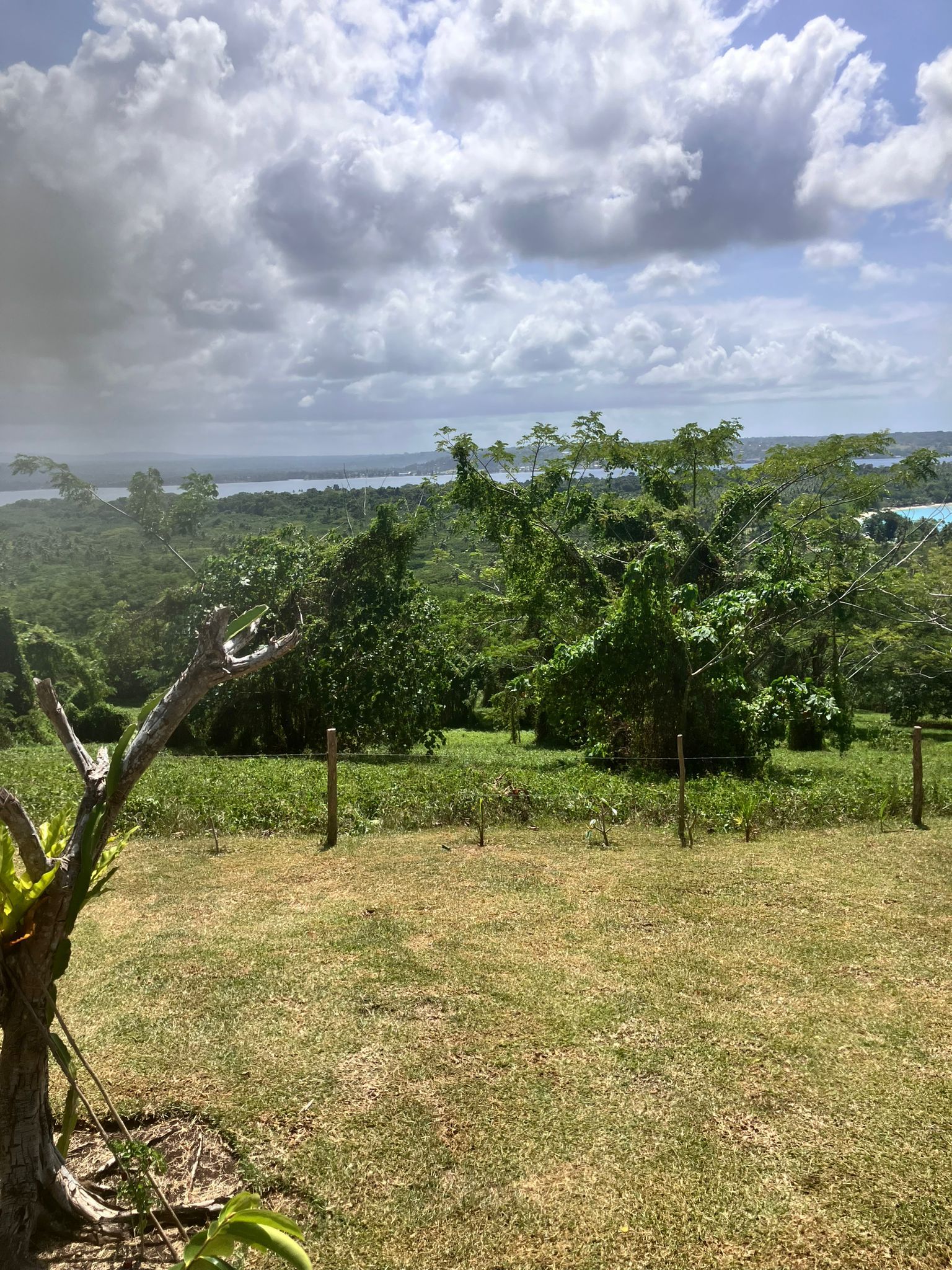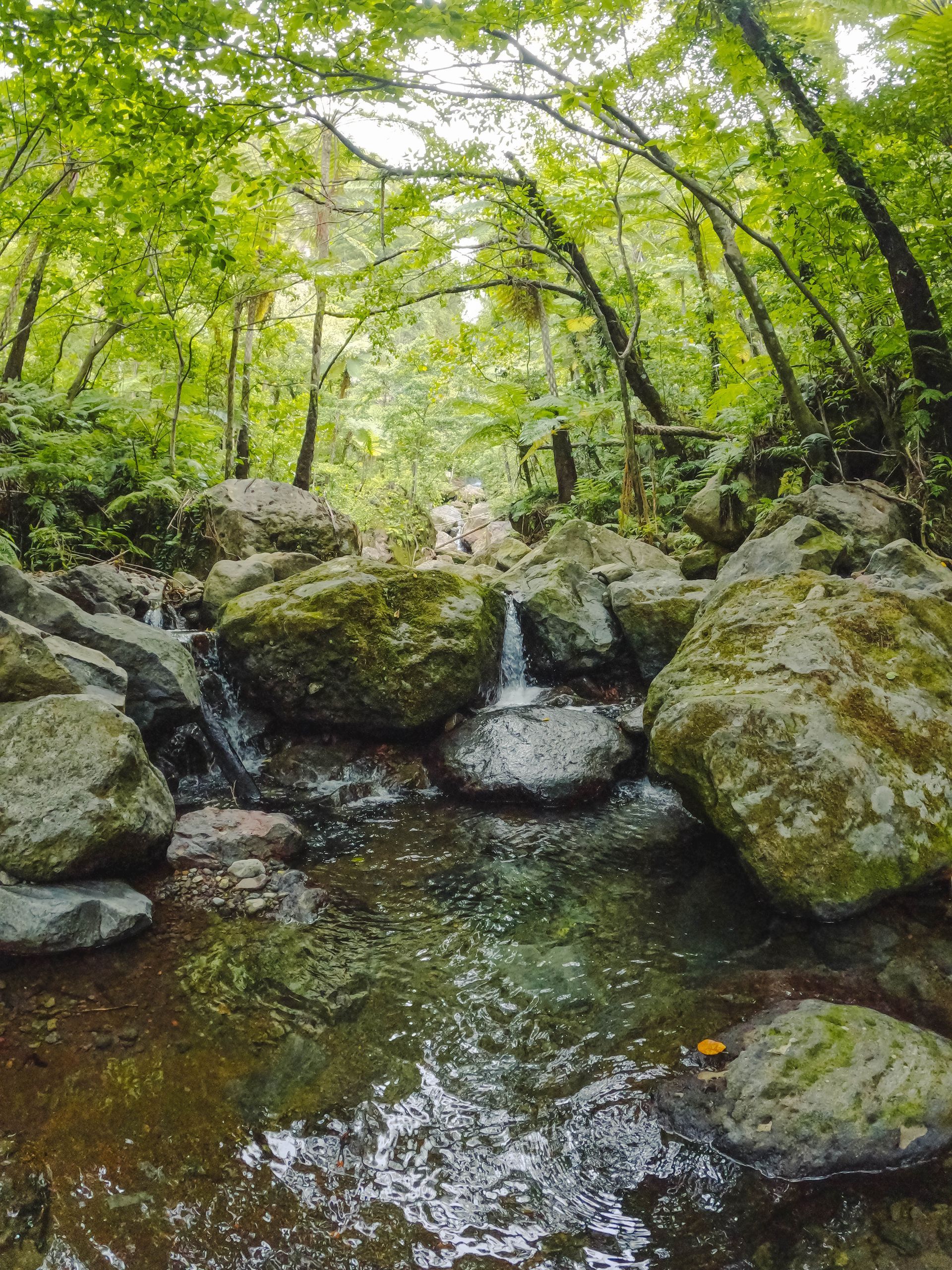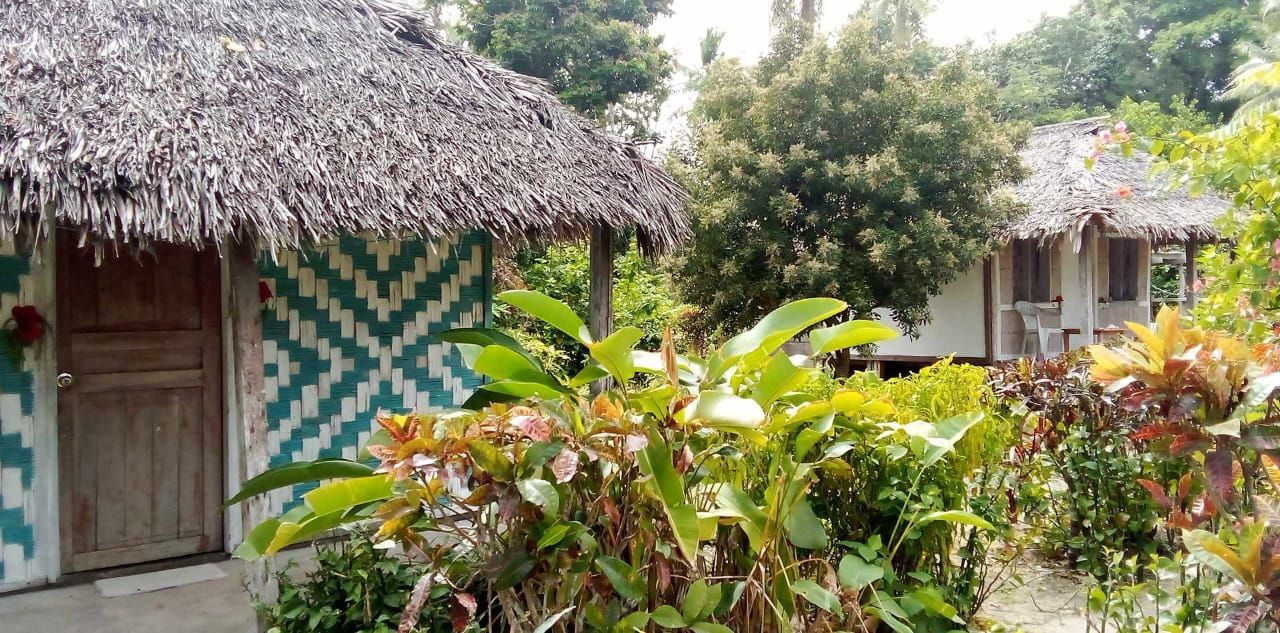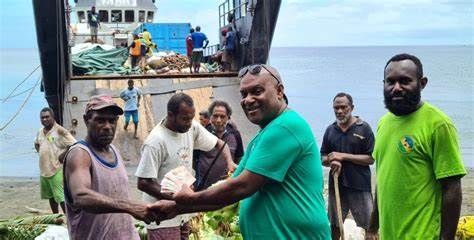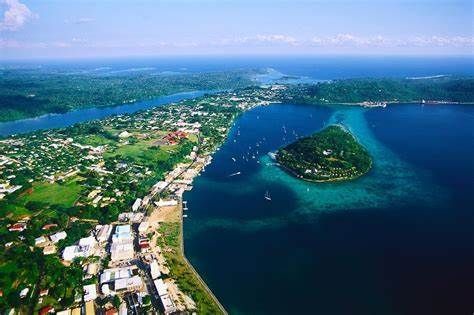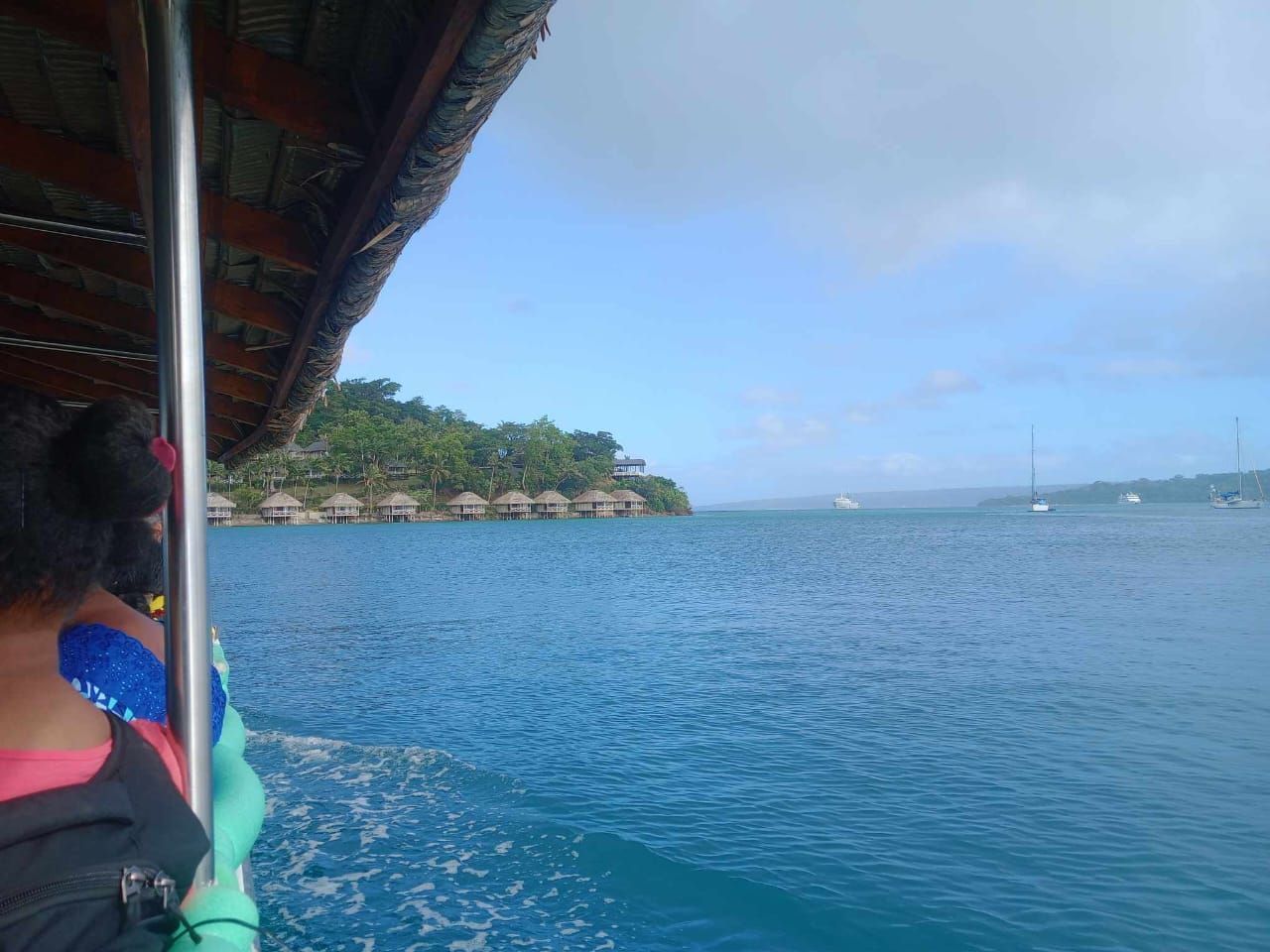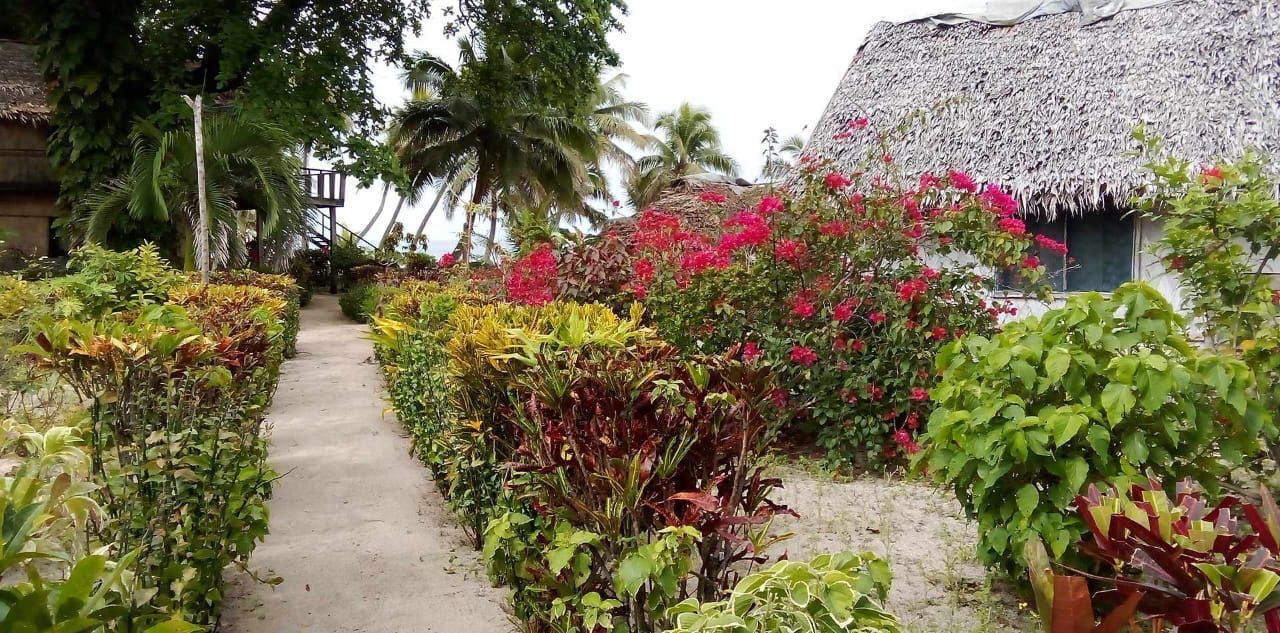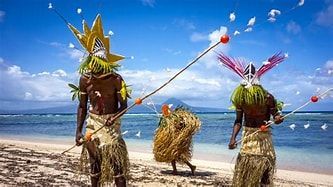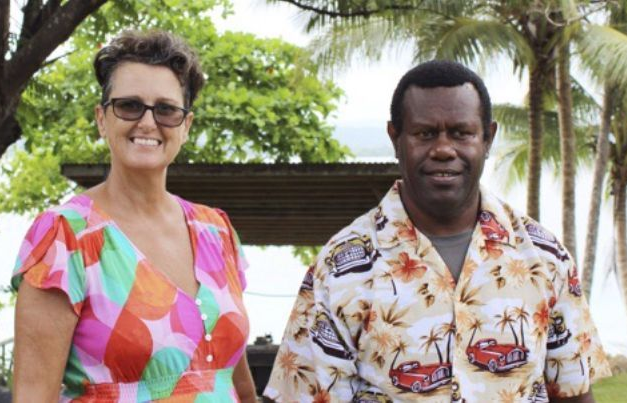
7 min read
Navigating Vanuatu’s Tax System Incentives,
Regulations & Investment Performance
Vanuatu, an archipelago in the South Pacific, is best known for its natural beauty and relaxed lifestyle. But increasingly, it is making waves as a tax-neutral jurisdiction for international investors. Its appeal lies not only in the absence of many conventional taxes, but also in the incentives and regulatory structures designed to draw in capital. For businesses and investors weighing options across the Asia–Pacific, Vanuatu offers a distinctive mix: minimal taxation, a straightforward compliance regime, and opportunities across tourism, real estate, agriculture, and financial services.
This article examines Vanuatu’s tax landscape, explores incentives, tracks recent foreign investment trends, and highlights regulatory realities that any investor must navigate.
A Tax-Neutral Framework
Vanuatu’s most striking advantage is its lack of direct taxation. There is no personal income tax, corporate income tax, capital gains tax, estate duty, or wealth tax. For many, this alone is enough to make the country worth considering. Instead of taxing income or profits, the government raises revenue primarily through consumption-based taxes and licenses.
The cornerstone is the Value-Added Tax (VAT), which applies to most goods and services at a standard rate of between 12.5% and 15%, depending on sector and context. While this may sound high, the overall burden remains light because it replaces the wide range of income and profit-based taxes that dominate other jurisdictions. Essential goods and certain activities benefit from VAT exemptions, helping moderate costs for consumers and businesses alike.
Other smaller taxes exist stamp duty on property transactions, duties on imports, and some levies on rental income but the absence of corporate and personal taxes keeps Vanuatu firmly positioned as a low-burden jurisdiction.
Why Investors Take Notice
The tax framework provides a natural competitive advantage, but Vanuatu goes further with explicit incentives to attract foreign capital. These include:
- Business license exemptions: In certain priority sectors, new businesses may qualify for exemptions from license fees for the first three years of operation. For start-ups and SMEs, this eases entry costs and supports early growth.
- Import duty exemptions: Investors importing raw materials, machinery, or equipment for use in agriculture, tourism, or infrastructure projects can often secure exemptions. This reduces project setup costs significantly.
- Tax holidays and concessions: Through the Vanuatu Investment Promotion Authority (VFIPA), investors may access tax holidays or negotiated concessions tailored to their industry. These arrangements have proven particularly useful in tourism and renewable energy projects.
- Tourism sector incentives: Given that tourism accounts for roughly 40% of GDP, the government offers concessional financing, promotional support, and infrastructure backing for investors who strengthen this vital sector.
- Real estate concessions: Property developers enjoy favourable treatment, including reduced transaction costs or stamp duty concessions in select projects, helping boost returns on capital-heavy investments.
These targeted measures show that Vanuatu is not only relying on its low-tax status but actively competing for capital against other Pacific and Asian destinations.
Recent FDI Trends: The Numbers
The clearest evidence of Vanuatu’s appeal is found in the foreign direct investment (FDI) figures. According to the Vanuatu Investment Promotion Authority’s 2023 report:
- 861 FDI projects were registered in 2023, an increase of 18% on the previous year and 26% above pre-COVID levels.
- The majority of these projects around 83% were service-oriented, covering tourism, financial services, and real estate. Industry accounted for roughly 15% and agriculture just 2%.
- These projects created more than 9,000 formal jobs, an outsized impact in a nation of just 330,000 people.
- In terms of dollar inflows, the official total was about US$9.3 million. While this figure is modest compared with larger Pacific economies, the breadth of projects highlights steady interest.
This mixed picture is worth noting. The project numbers and job creation figures show robust engagement, yet total inflows in dollar terms remain small. For international investors, this presents both opportunity and risk: there is less competition, but also less depth of capital in the market.
Frequently Asked Questions
Q: Does Vanuatu have corporate or personal income tax?
Q: Does Vanuatu have corporate or personal income tax?
A: No. Vanuatu has no corporate tax, no personal income tax, and no capital gains or estate taxes. This makes it one of the few truly tax-neutral jurisdictions in the Asia–Pacific.
Q: What is the VAT rate in Vanuatu?
Q: What is the VAT rate in Vanuatu?
A: The Value-Added Tax (VAT) is generally applied at 12.5–15% on most goods and services, with exemptions for essentials such as staple foods.
Q: How many foreign investment projects are active in Vanuatu?
A: In 2023, 861 foreign direct investment projects were registered, up 18% from 2022 and more than 25% above pre-COVID levels.
Q: What sectors attract the most foreign investment?
A: The majority of projects are in services — tourism, finance, and real estate — followed by industry and agriculture. Tourism remains the largest driver of inflows.
Q: Are there incentives for new businesses?
A: Yes. Investors can access business license exemptions for the first three years, import duty relief on equipment and materials, and sector-specific concessions through the Vanuatu Investment Promotion Authority.
Q: Do foreign businesses need a license to operate?
A: All foreign-owned businesses must hold a Foreign Investment Certificate from VFIPA and be registered with the Vanuatu Financial Services Commission.
Q: What are the compliance requirements?
A: Businesses must file annual financial statements, pay license renewal fees, and comply with local labour laws, including payroll obligations and contributions to the national provident fund.
Q: How much FDI flows into Vanuatu each year?
A: In 2023, inflows totalled approximately US$9.3 million. While relatively small compared with larger Pacific economies, the number of projects and job creation remain strong.
Q: What are the main risks of investing in Vanuatu?
A: Geographic isolation, infrastructure gaps, and exposure to natural disasters are the main constraints. Investors should plan for disaster resilience and build redundancy into operations.
Q: Why choose Vanuatu over other Pacific nations?
A: Unlike Fiji or Papua New Guinea, Vanuatu offers a true zero-income-tax environment, faster entry for small and mid-sized investors, and less competitive saturation compared to global offshore hubs.
Q: How many foreign investment projects are active in Vanuatu?
Q: How many foreign investment projects are active in Vanuatu?
A: In
- 2024 898 FDI
- 2023, 861 FDI
- FDI foreign direct investment projects were registered, up 18% from 2022 and more than 25% above pre-COVID levels.
Q: What sectors attract the most foreign investment?
Q: What sectors attract the most foreign investment?
A: The majority of projects are in services tourism, finance, and real estate followed by industry and agriculture. Tourism remains the largest driver of inflows.
Q: Are there incentives for new businesses?
Q: Are there incentives for new businesses?
A: Yes. Investors can access business license exemptions for the first three years, import duty relief on equipment and materials, and sector-specific concessions through the Vanuatu Investment Promotion Authority.
Q: Do foreign businesses need a license to operate?
Q: Do foreign businesses need a license to operate?
A: All foreign-owned businesses must hold a Foreign Investment Certificate from VFIPA and be registered with the Vanuatu Financial Services Commission.
Q: What are the compliance requirements?
Q: What are the compliance requirements?
A: Businesses must file annual financial statements, pay license renewal fees, and comply with local labour laws, including payroll obligations and contributions to the national provident fund.
Q: How much FDI flows into Vanuatu each year?
Q: How much FDI flows into Vanuatu each year?
A: In 2023, inflows totalled approximately US$9.3 million. While relatively small compared with larger Pacific economies, the number of projects and job creation remain strong.
Q: What are the main risks of investing in Vanuatu?
Q: What are the main risks of investing in Vanuatu?
A: Geographic isolation, infrastructure gaps, and exposure to natural disasters are the main constraints. Investors should plan for disaster resilience and build redundancy into operations.
Q: Why choose Vanuatu over other Pacific nations?
Q: Why choose Vanuatu over other Pacific nations?
A: Unlike Fiji or Papua New Guinea, Vanuatu offers a true zero-income-tax environment, faster entry for small and mid-sized investors, and less competitive saturation compared to global offshore hubs.
Compliance Obligations
For all its tax simplicity, Vanuatu does not operate as a free-for-all. Investors must comply with local registration and reporting rules to benefit fully from incentives.
- Foreign Investment Certificate: Any foreign-owned business must obtain a certificate from VFIPA. This ensures government visibility and provides investors with formal recognition.
- Business registration: Registration with the Vanuatu Financial Services Commission (VFSC) is mandatory, covering incorporation, annual returns, and director disclosures.
- Annual financial reporting: Companies are required to file financial statements and pay relevant license renewal fees each year.
- Employment compliance: Local labour laws apply, including payroll tax obligations, contributions to the provident fund, and worker protections.
Investors accustomed to operating in offshore jurisdictions sometimes underestimate these requirements. While not onerous, non-compliance can create reputational risks and jeopardise eligibility for incentives.
The Risks and Constraints
For all its advantages, Vanuatu presents real challenges. Investors must approach with clear-eyed expectations.
- Geographic isolation raises logistics costs, with most goods imported and reliant on maritime shipping.
- Infrastructure gaps persist, particularly outside the capital Port Vila. Telecommunications, utilities, and transport are improving but remain uneven.
- Climate and natural disasters present a systemic risk. Vanuatu is ranked among the most disaster-prone countries in the world, with cyclones and volcanic activity an ongoing reality.
- Regulatory friction persists, despite efforts to streamline processes. Delays in licensing or approvals can still frustrate investors.
These risks are not unique to Vanuatu many economies face similar challenges but they must be factored into any serious investment plan.
Comparative Context
In regional terms, Vanuatu’s tax neutrality and incentives make it highly competitive. Larger economies such as Fiji or Papua New Guinea offer bigger markets but carry heavier tax burdens and more complex compliance regimes. For smaller, nimble businesses particularly in services and tourism Vanuatu’s lighter touch can outweigh its modest scale.
The contrast is also clear when viewed against global offshore jurisdictions. Caribbean hubs such as the Cayman Islands or British Virgin Islands offer similar zero-tax environments but with far higher competition and costs. Vanuatu’s edge lies in being less saturated and more closely tied to Asia-Pacific markets, particularly Australia and New Zealand.
Strategic Considerations for Investors
For investors evaluating Vanuatu, five clear lessons emerge:
- Leverage sector incentives: Focus on industries actively promoted by VFIPA tourism, agriculture, renewable energy, and infrastructure to maximise concessions.
- Plan for modest scale: Recognise that while FDI projects are numerous, inflow values are low. Businesses must be efficient in capital deployment.
- Treat compliance seriously: Even in a tax-free environment, failure to register or file reports can derail operations.
- Manage risk proactively: Invest in disaster resilience, supply chain redundancy, and insurance cover.
- Engage local expertise: Advisors, lawyers, and accountants familiar with the system can unlock incentives faster and avoid costly missteps.
Final Word
Vanuatu’s tax landscape is a compelling proposition. The absence of direct taxation provides a strong foundation, while targeted incentives extend real opportunities in priority sectors. The 2023 FDI figures show a nation attracting more projects than ever, creating jobs and demonstrating resilience post-pandemic.
At the same time, investors must not mistake tax simplicity for operational simplicity. The risks of geography, infrastructure, and climate remain real. Compliance is straightforward but critical.
For international investors willing to navigate these realities, Vanuatu offers something rare: a jurisdiction where tax is minimal, incentives are meaningful, and opportunities remain relatively underexploited. For many, that combination makes it one of the more intriguing destinations in the Asia–Pacific investment landscape.


